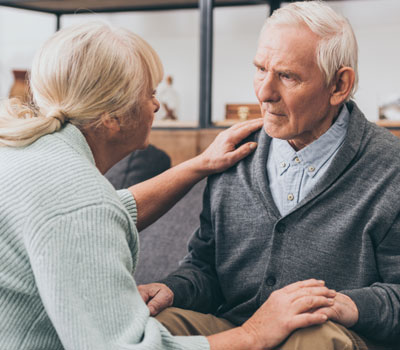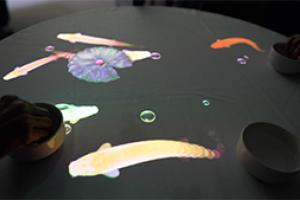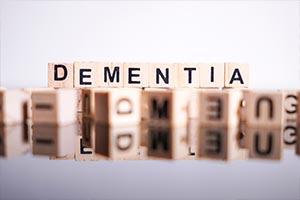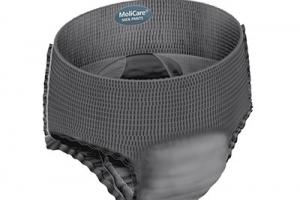With dementia cases predicted to triple to 150 million by 2050, it is imperative that funding for the dementia care system is increased. The…
Make Living With Dementia Easier
LEADING ELDERLY CARE EXPERT SHARES TIPS THAT CAN MAKE LIVING WITH DEMENTIA EASIER
Philippa Fieldhouse from Richmond Villages suggests small home adaptions that can make life easier for people living with dementia
“With one person in the UK expected to be diagnosed with Dementia every three minutes by 2051, learning how to care for people with this disease and staying at the forefront of best practice is key,” says Philippa Fieldhouse, Managing Director of Bupa owned retirement accommodation, Richmond Villages.
Philippa, who runs retirement villages across the country says we must develop our understanding of the needs of those living with the disease to best care and support this increasing segment of society. Philippa is particularly interested in taking cues from her Dutch counterparts who she believes are paving the way in this sector.
Philippa explains a dementia diagnosis for both the patient and loved ones can be incredibly daunting and emotionally draining: “From my experience it’s the unpredictable nature of the illness that adds such stress for families. When a parent or partner discovers they or their family member has the disease they have so many questions…
“Will we have to adapt our home? How quickly will the disease take hold? Will they be safe in their own home? How can I help them remember key milestones? Is a specialist care home the best place to be?
“At Richmond we appreciate the prospect of dementia is daunting initially but we have the experience in supporting people to reduce their fears and have had success in making their journey easier for the residents and their loved ones.
“For most people, dementia progresses very slowly, meaning that people live with it for many years. Doctors can try and prevent further  damage and slow down the progress in patients with some forms of the disease. At Richmond Villages we aim to create an environment which is as comfortable as possible for those living with dementia.
damage and slow down the progress in patients with some forms of the disease. At Richmond Villages we aim to create an environment which is as comfortable as possible for those living with dementia.
“In 2020 we will be opening our first dementia-only centre in Willaston, Cheshire. Inspired by the Dutch model at Hogeweyk, it will be a lifestyle-led community with residents living with likeminded peers in small households of six people. The theory behind the concept is that it preserves residents’ autonomy with choice; over food, drinks and leisure activities and gives residents the freedom to run their own households.
“As we are all only too aware of the detrimental effects of loneliness, we encourage as much social interaction as possible at our Villages across the country. We always run a busy schedule of activities including choirs, arts and crafts and exercise sessions.
“Safety and security, balanced with creating a real sense of home and visual recognition prompters, are at the heart of our care. Many of our ideas can be brought into the home to help with the early onset of dementia and help people navigate their surroundings in a world that is increasingly hard to make sense of.”
Philippa’s tips:
- Create a memory box:It sounds very simple, but a family photo, a keepsake or a newspaper article can help bring back a memory. These memories can help to prompt conversations with loved ones.
- Label key places in the home: Labels and signs are useful; for example, a sign on the toilet. And as elderly people tend to look down as opposed to up, ideally place them lower.
- Put photographs on key cupboards: Consider putting images of cups and saucers on the cupboards and drawers to show what’s inside them. Clear cupboard doors can be very useful.
- Buy dementia-friendly devices: These include telephones with large buttons and clocks with LCD displays showing the day of the week, the date and the time.
- Make flooring safe: Plain flooring is best and it’s a good idea to get rid of rugs or mats as they are trip hazards.
- Lighting:Consider extra lighting in the home, ideally in the kitchen and bathroom to keep these rooms safe. Lights that come on automatically may help prevent falls if the person gets out of bed and walks about at night.
Run by the National Alzheimer’s Society, National Dementia Action Week, aims to unite people, workplaces, schools and communities to take action and improve the lives of people living with dementia.
Richmond Villages provide varying levels of accommodation from independent living homes and apartments through to assisted living care suites with specialist care for dementia.





